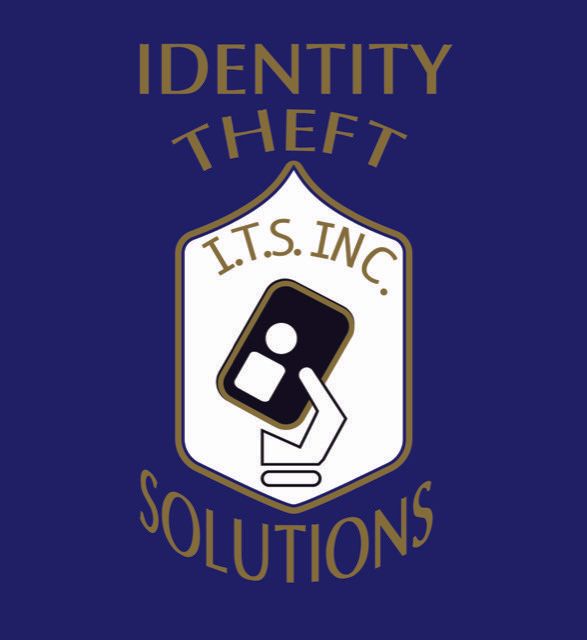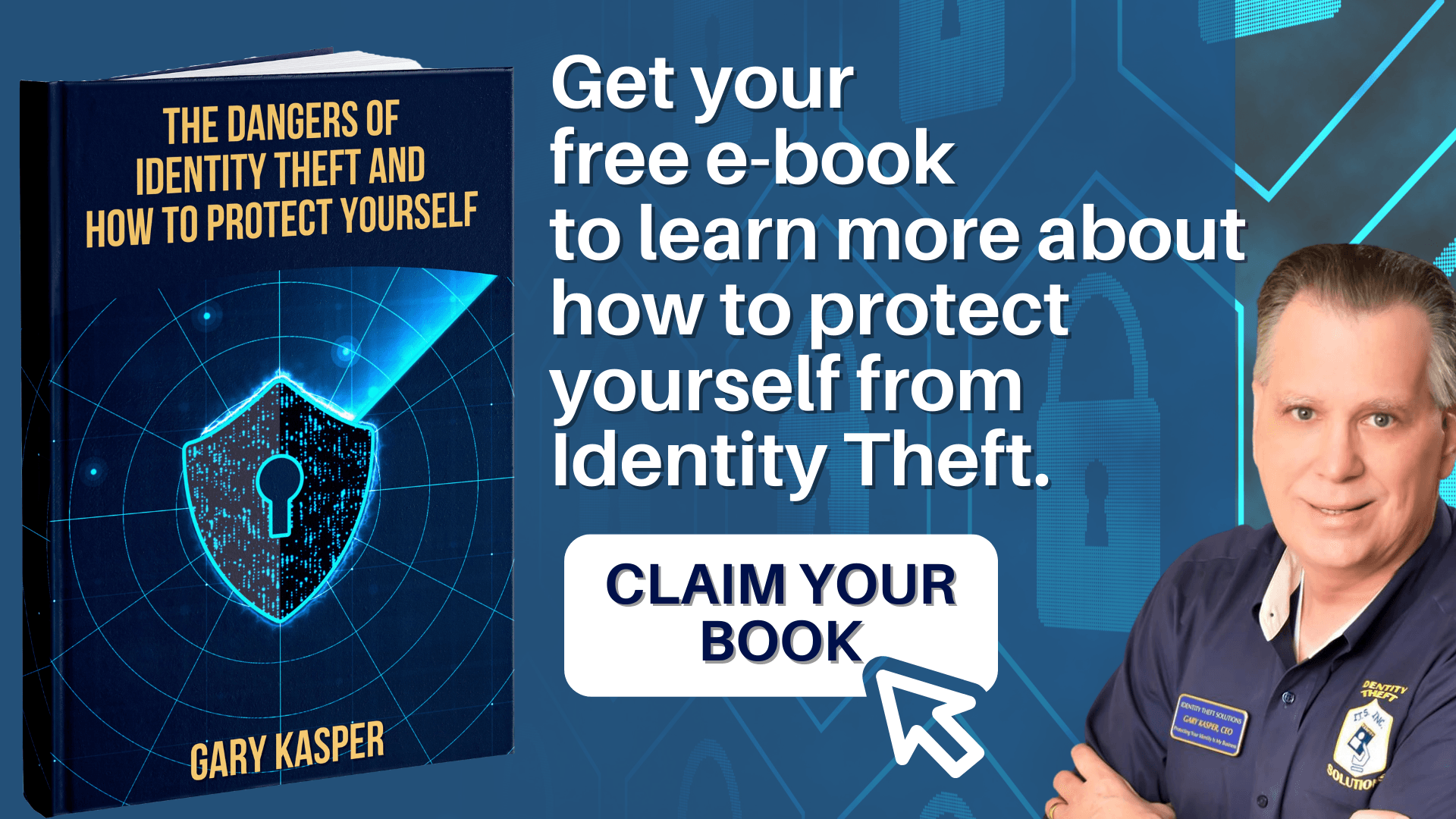Hackers, scammers, thieves, criminals – whatever you want to call them – thrive in times of confusion. That’s not a throwaway comment, either. As soon as the full force of the coronavirus pandemic hit last year, it became clear that scammers would look to capitalize. They knew, for instance, that there would be confusion over stimulus checks; you would be getting more packages delivered than usual; that you might be filing for unemployment for the first time. All of these things help scammers with successful phishing campaigns, which were increased during the pandemic.
But perhaps the most notable criminal byproduct of the pandemic has been the rise in identity theft. The FTC reported that the number of reported cases doubled in 2020, with around 1.4 million people said to have been impacted. As mentioned, the criminals involved see an opportunity in the pandemic and the seismic changes in work-life and society. One of the notable rises was in the identity theft used to apply for government benefits, with a rise of almost 3,000% recorded by the FTC.
So, with so many scammers looking to profit from folks right now – what are the best ways to protect yourself from identity theft? Below we have highlighted some of the key advice from USAGov:
- Secure your SSN. Don’t carry your Social Security card in a wallet or purse.
- Collect mail every day, and put it on hold when on vacation.
- Keep a record of billing dates – if late, flag it up with the company.
- Be wary of Public Wi-Fi – use a VPN if you can.
- Shred receipts and other papers with sensitive information.
- Use complex passwords and up-to-date anti-virus software on your computer/phone.
Protection available from insurers
The above is just a small selection of the advice given by the government, but it clearly might not be enough. Nobody expects to be a victim of identity fraud – but it happened to 1.4 million Americans last year. Many insurance companies do have protection plans in place that both prevent identity theft through sophisticated monitoring software and get you back on your feet should the worst happen. Zander Identity Theft is one of the industry leaders in this area and worth checking out if you are worried.
One area where the USAGov official advice does not fully cover is social media. Ask yourself this question – how much could a fraudster learn about you by scrolling through your Facebook , Twitter or Instagram accounts? Your date of birth? The names of your kids? Your address? Your place of work? The dates you are on vacation? We live our lives virtually now – more so during the pandemic – and we leave so much of a print on our feeds. Nobody is saying you shouldn’t celebrate a birthday with your friends on Facebook, but it is certainly worth making sure you have the right privacy settings.
Indeed, some of the things we might see as innocuous can be scams. Consider those (silly in most people’s views) games you find on social media, which claim they can tell something about you by inputting information. They might ask you the name of your pet or the first street that you lived on or your mother’s maiden name – all common security questions for banks and other sensitive accounts. Most of these games are harmless, but some most definitely are not.
You can take the advice of the government and, perhaps, add some identity theft protection from an insurer. But above all, you should have a mindset that you, too, can fall afoul of identity theft scams. There is sometimes a sense that scams of this sort happen to other people because they are foolish. Sure, some may have been lax and made a mistake, but the majority do not – the only thing they have is the hindsight after the identity theft happens. Live your life as normal, online and offline. But take precautions and be aware that it could happen to anyone.



